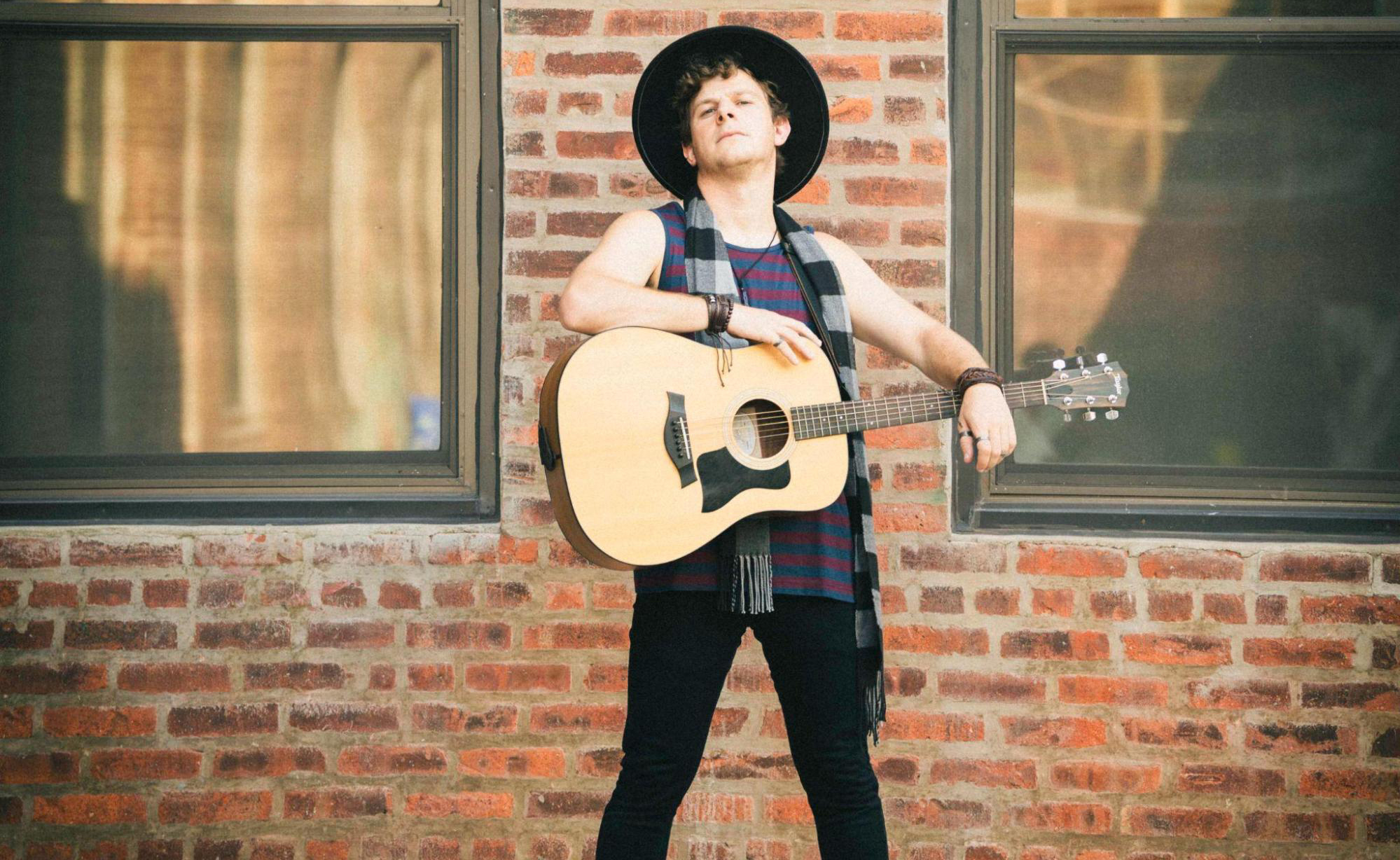A soft-spoken singer-songwriter named Corinne Bailey Rae was geared up to take over the world.
Her self-titled debut, which is now certified triple platinum, had just unexpectedly debuted at #1 all over the UK, making her only the fourth female British act to have her breakout album debut at number one. The album has since sold over four million copies. “Put Your Records On,” a bubbly and wholesome neo-soul track about simply enjoying music, had begun to dominate adult contemporary radio all around the world and propel a new sub-genre into the American mainstream. In the states, Rae was grouped in with demure singer-songwriters like Colbie Calliat, A Fine Frenzy, and Ingrid Michaelson, but she towered above her contemporaries in terms of talent and authenticity and has since experienced monumental success. So why does it feel like many people consider her a one-hit wonder?
Rae went on to be nominated for three Grammy awards in 2007, among other highly-esteemed accolades, and at just 27 years old she garnered comparisons to Stevie Wonder and Sade. “For people put off by pop-diva excess, she offers a different kind of escapist fantasy:” wrote The New York Times. “A polished, confident woman who can endure disappointment without ruffling her Peter Pan collar.”
But at the other end of the radio dial, hyper-sexualized club tracks like Lil Jon’s “Snap Yo Fingers,” Maroon 5’s “Makes Me Wonder,” and Justin Timberlake’s “SexyBack” consumed the likes of VH1, MTV, and middle school dances. The niche of virtuous soul-pop was short-lived, and all the aforementioned artists above faded into relative obscurity, Rae included.
But Rae’s disappearance wasn’t due to a lack of demand, but rather to personal tragedy. When the singer’s husband passed away from an accidental overdose in 2008, Rae took time to grieve and reflect, and she returned in 2010 with a mesmerizing sophomore LP (after lowkey winning a Grammy in 2008 for her work on River: The Joni Letters.) The Sea was quickly nominated for the Mercury Prize and became a critical darling while being a slight commercial fumble. The Sea was nothing like its predecessor: It swapped out silky smooth pop-diddlies for antagonistic piano chords and off-putting strums of electric guitar. It resonates with the complications of grief in a raw and, at times, profound way, but the drastic change in sound decimated her first week sales, as she sold only 22,914 copies its first week.
In the states, mainstream listeners barely offered a glance. It debuted surprisingly well on the charts, but Rae had undoubtedly distanced herself from fame and didn’t push for radio play. Over a decade later, it’s clear The Sea‘s density was severely underappreciated. Its richness is comparable to any of 2020’s groundbreaking acts. “Are You Here” carries the same poetic angst of early day Snail Mail, while “Closer” is asking for an Ari Lennox feature. “The Sea is a remarkable accomplishment,” wrote LA Times. “The Sea is an honest, uncensored album,” praised Independent. “Rae has made an album she’ll have trouble bettering,” raved The Guardian.
Her psychedelic 2016 album, The Heart Speaks In Whispers, attained similar praise for its kaleidoscopic sound. She collaborated with Moses Sumney, who was relatively unknown at the time but is now having quite a moment, and Rae drew inspiration from Kamasi Washington, Flying Lotus, and Thundercat for the project. As a result, tracks like “Been To The Moon” and “Green Aphrodisiac” fit snug within the budding subgenre of alternative jazz. NPR additionally named it one of their “30 favorite albums of the year so far.” “It makes for a fascinating listen, one filled with catharsis and inspiration,” wrote Pitchfork. “Her light permeates this record, leaving a shining example of strength and perseverance.”
As fiercely independent women begin to distance themselves from the over-sexualized stereotypes of early-aughts pop music, let’s pay homage to the woman who did that many years ago, and who was–and still is–a powerhouse badass far ahead of her time.













